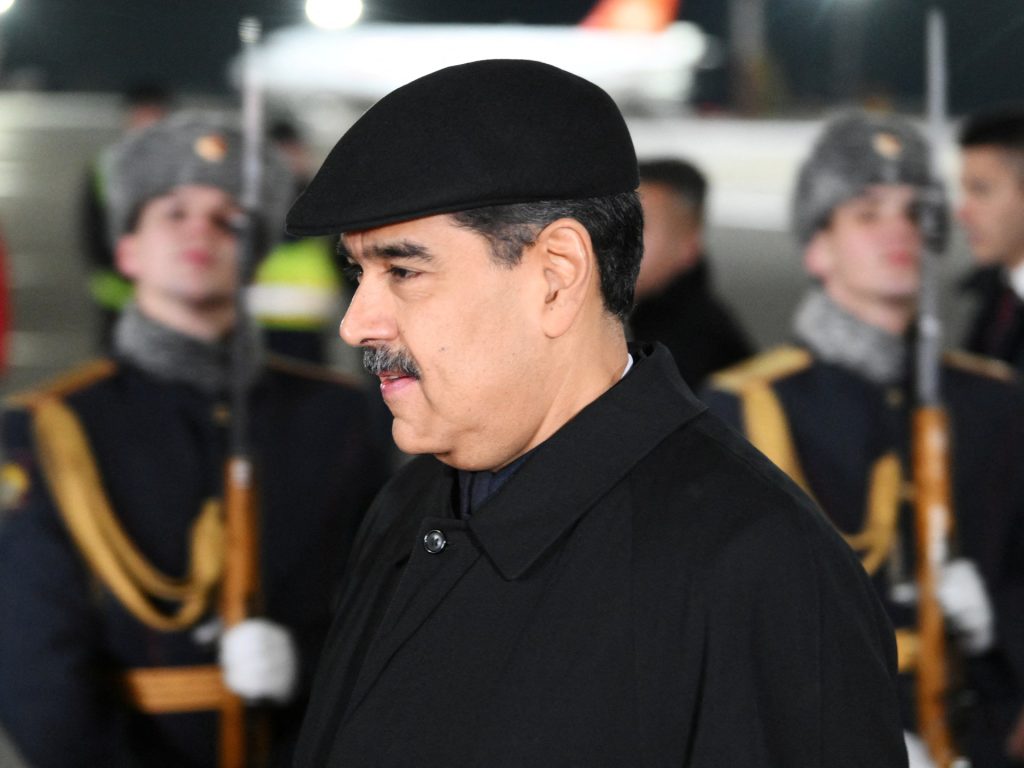Venezuela and Brazil have been embroiled in a diplomatic spat after Caracas’s failed attempt to join the BRICS alliance of major developing nations. In response to what it sees as Brazil’s interventionist and rude statements, Venezuela has pulled its ambassador from Brazil. This move comes after tensions between the two neighboring South American states escalated when Venezuelan President Nicolas Maduro declared himself re-elected in July despite significant irregularities in the vote tabulation.
Brazil, under President Luiz Inacio Lula da Silva, has not recognized Maduro as the legitimate winner of the election and has called for official tallies to be published before acknowledging his victory. At the recent BRICS summit in Kazan, Russia, Brazil reportedly blocked Venezuela’s bid to join the alliance, further aggravating the situation. Venezuela’s Foreign Ministry expressed outrage at Brazil’s actions, accusing them of aggression and immorality. The BRICS alliance currently consists of Brazil, Russia, India, China, and South Africa, along with new members Iran, Egypt, Ethiopia, and the United Arab Emirates.
Venezuela’s Foreign Ministry criticized Brazil’s top foreign policy adviser, Celso Amorim, for his comments on the situation. Amorim had stated that Brazil vetoed Venezuela’s application to BRICS because Caracas had breached the trust of its partners. Venezuela’s Ministry denounced Amorim as a messenger for North American imperialism and questioned his authority to pass judgment on the democratic processes of the Venezuelan people. The electoral dispute in Venezuela has caused turmoil, as Maduro’s victory was contested by the opposition, led by Edmundo Gonzalez, who claims to have won by a landslide.
Despite electoral officials in Venezuela affirming Maduro’s victory, the opposition has published detailed polling station results showing Gonzalez as the winner. This has led to a split in international recognition, with some countries acknowledging Gonzalez as the legitimate leader of Venezuela. Gonzalez himself has sought political asylum in Spain after fleeing the country, amidst reports of a violent crackdown by security forces on post-election demonstrators. The Human Rights Watch report documented at least 23 deaths during the protests, while an opposition leader was recently found dead after being taken into state custody.
The deteriorating relationship between Venezuela and Brazil highlights the regional tensions and controversies surrounding the Venezuelan presidential election. Maduro’s self-declaration of re-election, disputed by the opposition and some international actors, has caused a rift within Venezuela and strained its ties with neighboring countries. The spat between Venezuela and Brazil underscores the challenges of international diplomacy in addressing electoral disputes and upholding democratic principles. As the situation unfolds, it remains to be seen how the two nations will navigate their differences and work towards a resolution to the ongoing crisis.















